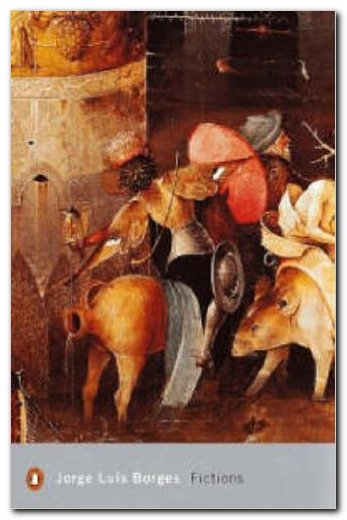authors, books, literary topics, and cultural issues
The first edition of the Oxford Companion to English Literature was published in 1932, and quickly established itself as the standard source of reference for students and general readers. Since then it has gone through six editions, the latest of which has been hugely updated and expanded. Of course it’s not the sole work of editor Margaret Drabble. She has assembled a team of 140 fairly distinguished authors (all listed) who have written authoritatively on their specialisms.
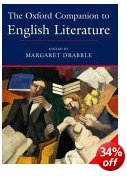 The entries are biographies of novelists, poets, and dramatists; and there are sketches of well-known philosophers, historians, critics, and biographers. It includes non-English writers such as Balzac, Goethe, and Tolstoy, as well as figures from other genres such as Dürer, Pasolini, and Prokoviev. It includes mini-essays on genres; fictional characters; famous works (Aaron’s Rod to Max Beerbohm’s Zuleika Dobson); famous places, and literary theory.
The entries are biographies of novelists, poets, and dramatists; and there are sketches of well-known philosophers, historians, critics, and biographers. It includes non-English writers such as Balzac, Goethe, and Tolstoy, as well as figures from other genres such as Dürer, Pasolini, and Prokoviev. It includes mini-essays on genres; fictional characters; famous works (Aaron’s Rod to Max Beerbohm’s Zuleika Dobson); famous places, and literary theory.
There are bonuses, such as the special essays on detective, gothic, and historical fiction. It also explains literary genres such as free verse, the epic, metaphors, and naturalism. So if you need a potted account of the differences between ‘New Historicism’ and ‘Cultural Materialism’ for instance, it can be found here, cross-referenced and explained in jargon-free language.
The extras are also entries on significant magazines such as Edinburgh Review and Atlantic Monthly; entries on deconstruction, folios and quartos; the Hogarth Press and Penguin Books; performance poetry and post-colonial literature.
One particularly useful feature is the potted accounts of novels and dramas. I’m fairly sure I will be going back to that, having refreshed my memory of the sprawling plot of Malcolm Lowry’s Under the Volcano as a sort of test case.
So, a typical entry runs as follows. This is a literature-related text which had a huge influence in the Cold War period.
God that Failed, The: Six Studies in Communism, a volume published in 1950, edited by R.H.S.Crossman, which marked a significant point in the reaction against the pro-communist mood of the 1930s. It contained contributions by three ex-communists, *Koestler, *Silone, and R. *Wright, and by three sympathisers, *Gide (presented by Enid *Starkie), Louis Fischer, and *Spender (who had been a party member for a matter of weeks only).
There is a detailed timeline covering the period 1000 to 2005. This lists major literary works, and it also records important events which happened at the same time, to provide a socio-political context. For those of us who were denied a classical education, there’s a generous outline of its main authors, texts, and characters – from Aristophanes and Aristotle to Virgil and Xenophon. There are also appendix lists of poets laureate, plus Nobel, Pulitzer, and Booker Man prizewinners for literature.
This is the sort of reference book which you will grab off the shelf the moment you see a name you don’t recognise, when you want to check the date, the author, or the correct title of a work you see mentioned, or if you want to know about ‘The Battle of Alcazar’ (1594) or ‘The Wreck of the Deutschland’ (1875).
It certainly gets pride of place in my handy revolving bookcase, alongside the great dictionaries and my local A to Z.
© Roy Johnson 2006
![]() Buy the book at Amazon UK
Buy the book at Amazon UK
![]() Buy the book at Amazon US
Buy the book at Amazon US
Margaret Drabble (ed), The Oxford Companion to English Literature, (revised sixth edition) Oxford: Oxford University Press, 2006, pp.1172, ISBN: 0198614535
More on literature
More on the novella
More on literary studies
More on short stories
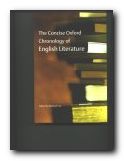
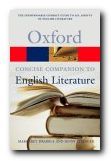
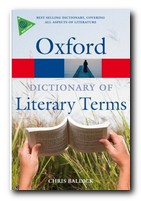
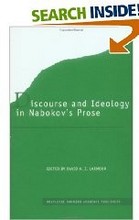
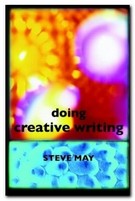
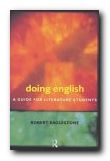
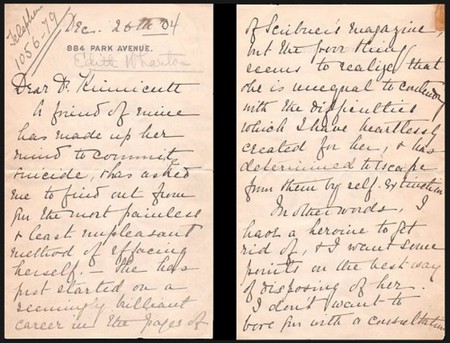
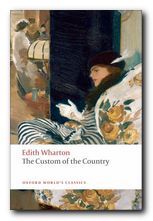 The Custom of the Country
The Custom of the Country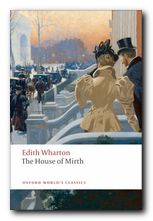 The House of Mirth
The House of Mirth